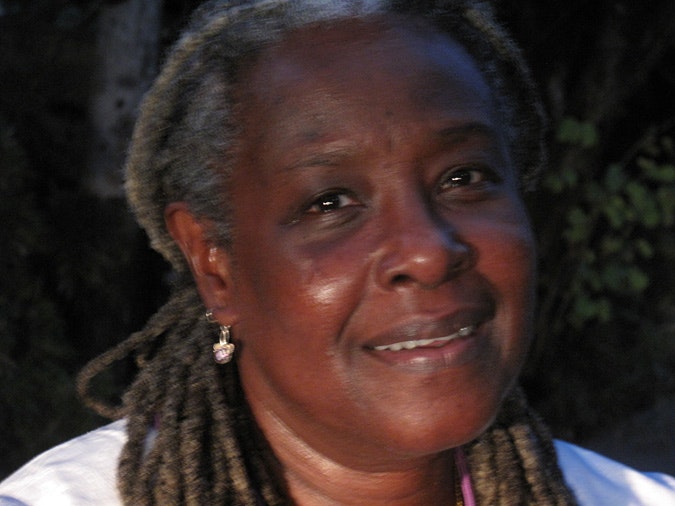Separating Magic from Media in Haiti
By Daniele Magloire

Many foreign aid programs are working to strengthen Haiti’s mass media. They have trained journalists. They have provided new computers, cameras, and other equipment. But too few of these programs have paid attention to how well the mass media deliver factual, relevant information and cogent analysis.
The latest technology and high production values have little to do with the quality of content. It is in the content that Haiti’s mass media, like so many newspapers, magazines, websites, and television and radio stations around the world, fall short.
Rather than seeking out trained economists to explain fluctuations in the value of the U.S. dollar, journalists in Haiti have interviewed moneychangers on the streets of Port-au-Prince, people who know nothing about what drives world currency markets. Rather than seeking out scientists to explain a fish kill in a lake near Port-au-Prince, journalists in Haiti presented the farfetched and uninformed views and personal opinions of residents around the lake as fact on a same par with an expert from the ministry of agriculture.
Journalists in Haiti covering the ongoing cholera epidemic have expressed shock that people have been infected with the disease by drinking untreated river water, as if people all over Haiti have not been drinking untreated water, often from rivers, for centuries. They have not reported that the real problem is that we don’t have access to potable water. They do not say that Haiti’s people lack toilets and cannot manage waste disposal.
For two weeks after 2010 earthquake, almost no one in the media explained the situation. Rumors were reported as fact. Broadcasters fueled panic by citing predictions that there would be another earthquake on a given night at ten o’clock. The authorities failed to explain anything to anyone.
Right now, Haiti’s media are crammed with personal commentary. The few facts the media present lack both integrity and the necessary background to make sense of them. Often it seems that the events the media present exist without continuity. The sources the press and broadcast stations present appear from nowhere, with no past history, and then, once a report is printed or aired, these sources disappear again as if they had never existed. This gives a community and its members no chance to gain an understanding of the predicament in which they find themselves. It weakens the government. It creates a magical view of reality, one that assumes that human intervention can do little to change things for the better.
In order to function as full members of a free society and to hold their government and its leaders accountable, people need facts and the background to make sense of them. FOKAL (the Open Society foundation in Haiti), several local peasant associations, as well as human, civil, and women’s rights organizations including the one I direct, Rights and Democracy, have initiated a “media observatory” project that aims to monitor and provide input aimed at improving the performance of the country’s mass media. We want to introduce civic values into the media’s treatment of fact and analysis.
The idea is for the observatory’s members to develop positive relationships with journalists, editors, and media owners and to examine the way they produce and present stories and editorial comment. Each participating organization would be responsible for monitoring and critiquing in its particular field of concern.
We seek to help individual journalists develop expertise in particular subjects—health and the environment, for example—by providing them with support for research and sponsorship for international conferences on vital issues. We are planning to create a roster of experts on particular issues, covering an array of political views, who can explain situations. We want to provide positive feedback for journalists who have done their jobs well.
It's going to be a long road. It will require patience and perseverance.
Daniele Magloire is director of the organization Rights and Democracy, in Haiti.